
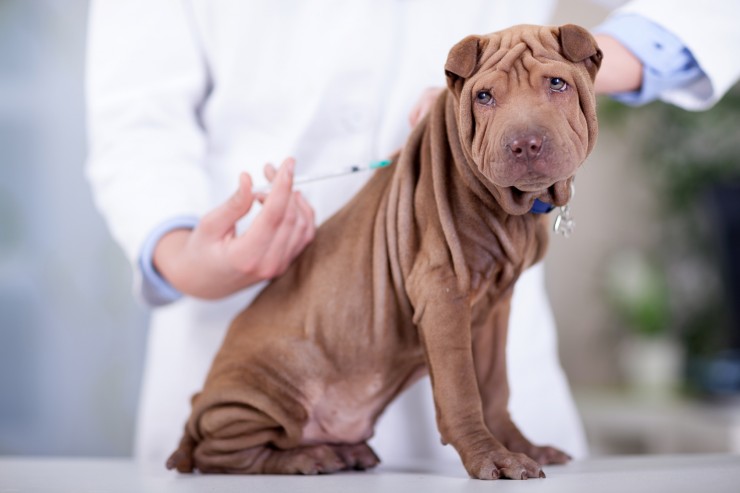
Vaccinations are something that every dog should receive, and puppies should not be allowed outside of your home and garden or into contact with any strange dogs until they have had their two initial sets of shots, and waited for the requisite period of time for them to become effective.
Many dog owners simply have the vaccines done as standard, with the annual boosters to support them, without giving much thought to the whole process and trusting the vet’s advice, whilst other owners may have questions or concerns about the process, and want to find out more before going ahead.
Your vet or the experienced support staff in your local clinic will be able to answer all of your questions in depth, and provide you with advice and information specific to your own dog; however, going into your consult with a good basic understanding of how vaccines work and their limitations is a good idea for all dog owners too!
In this article, we will answer five common questions from dog owners about vaccinations and booster shots for their dogs.
When your dog is vaccinated, they will be administered a small quantity of viral antigens for each vaccination that they receive, which are chemical structures that target the body’s immune response system, prompting it to develop antibodies to it.
Vaccines for different things are made and developed in various different ways, but many of them involve using a deactivated strain of the relevant virus, which means that the virus retains the chemical signature necessary to trigger the body’s immune responses, but that the actual virus itself is dead, and so, cannot infect or make your dog sick as part of vaccination.
Once your dog’s immune system has developed these antibodies, they are then primed and ready to fight any future contact with live versions of the virus that could potentially make your dog sick.
Vaccination dramatically reduces the likelihood of your dog becoming ill with one of the conditions that they have been vaccinated against, and so it is fairly uncommon for a vaccinated dog to develop an illness that they were vaccinated against, assuming that their annual boosters remain up to date.
However, vaccination does not guarantee that your dog will not catch one of the conditions that they have been vaccinated against; however, it does mean that, should they develop such a condition, their body will prove much more effective at fighting it off, and that their illness will be much milder than it otherwise would have been. Ultimately, this can make the difference between death and a full recovery for some more virulent conditions.
Yes there are. The standard vaccines that your vet will usually administer to your dog unless you request otherwise are those for:
However, there are also several other optional or elective vaccines that your vet may suggest for your dog, or that you can request, which include:
Vaccines are totally safe in terms of their administration when it comes to ensuring that vaccinating your dog does not actually end up infecting them with a live version of the condition that you are trying to prevent, as vaccines are designed to remove the live or active part of the virus that can do this.
However, a small proportion of dogs may prove to have a bad reaction to the vaccine, either in the form of a minor localised reaction at the site of the injection, or a potentially more serious systemic reaction or allergy.
Assuming that your dog is not known to be allergic to any of the component parts of the vaccine and you have no reason to believe that they may prove to be allergic, the risks of a serious reaction happening are very low, and the benefits of vaccination greatly outweigh the potential risks for most dogs.
However, you should monitor your dog carefully immediately after their first set of vaccines, and let your vet know immediately if anything is wrong, as a small proportion of dogs do not get on very well with certain vaccines, and may prove to be allergic to them.
While there are no breed-specific predispositions to vaccinations, the smaller the dog, the more likely they are to have a bad reaction to multiple boosters given at once (although the chances of this remain very small), and so tiny or very delicate dogs like the Chihuahua or the Italian greyhound should be monitored vigilantly after their first shots.
In order to keep providing your dog with the benefits of vaccination, you should keep a track of when they had their initial shots, and schedule in annual boosters for them every year to refresh their protection.
Missing a booster shot entirely can have several implications for your dog, including:
If you find that you are a couple of weeks to a month late with your dog’s boosters, your vet will probably still be able to administer a booster, without the need to go through the whole two-stage initial process all over again. However, any longer than this, and you will likely need to start again, so keep a calendar of your dog’s annual shots and health checks, and don’t assume that the vet will call or write to remind you!
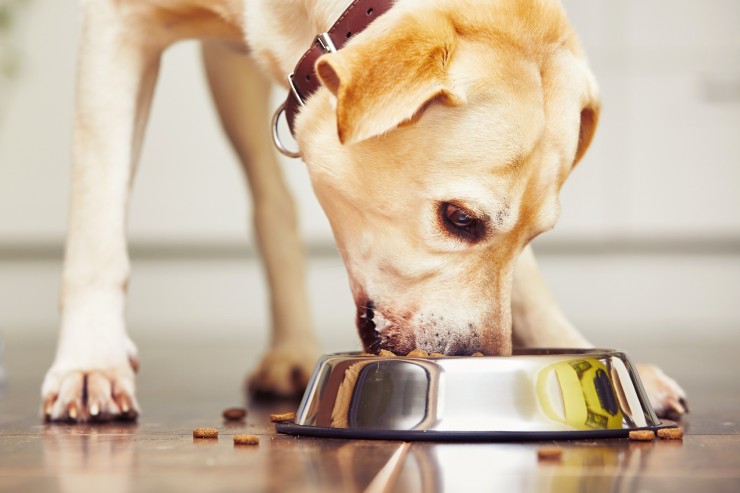 Top 5 Excuses Why People Feed Their Dogs Too Much Food
Top 5 Excuses Why
Top 5 Excuses Why People Feed Their Dogs Too Much Food
Top 5 Excuses Why
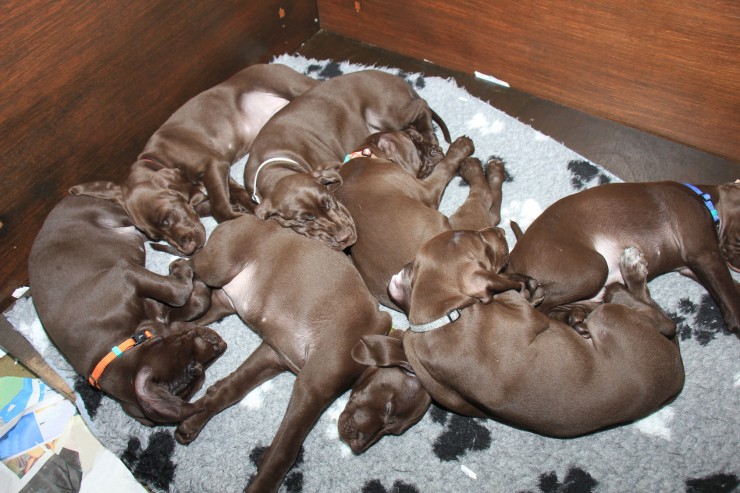 Seven Warning Signs Of Illness To Watch Out For In Young Puppies
Seven Warning Sig
Seven Warning Signs Of Illness To Watch Out For In Young Puppies
Seven Warning Sig
 At What Age Should Male Cats Be Neutered?
At What Age Shoul
At What Age Should Male Cats Be Neutered?
At What Age Shoul
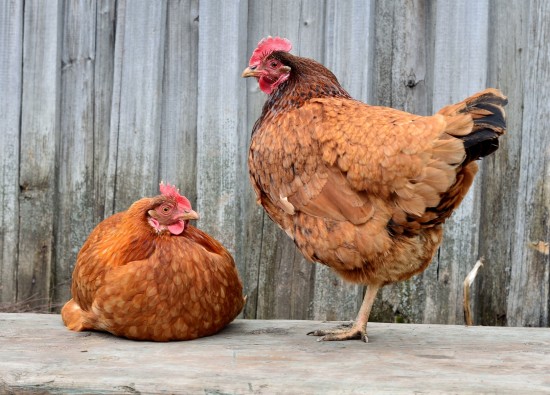 How To Recognise That A Hen Might Be Egg Bound
How To Recognise
How To Recognise That A Hen Might Be Egg Bound
How To Recognise
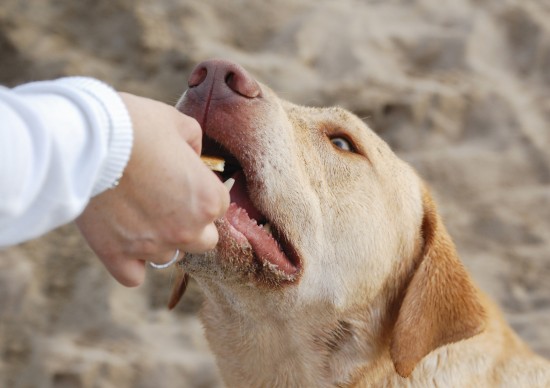 10 Ideas For Substituting Popular Dog Treats For Healthier Versions
10 Ideas For Subs
10 Ideas For Substituting Popular Dog Treats For Healthier Versions
10 Ideas For Subs
Copyright © 2005-2016 Pet Information All Rights Reserved
Contact us: www162date@outlook.com